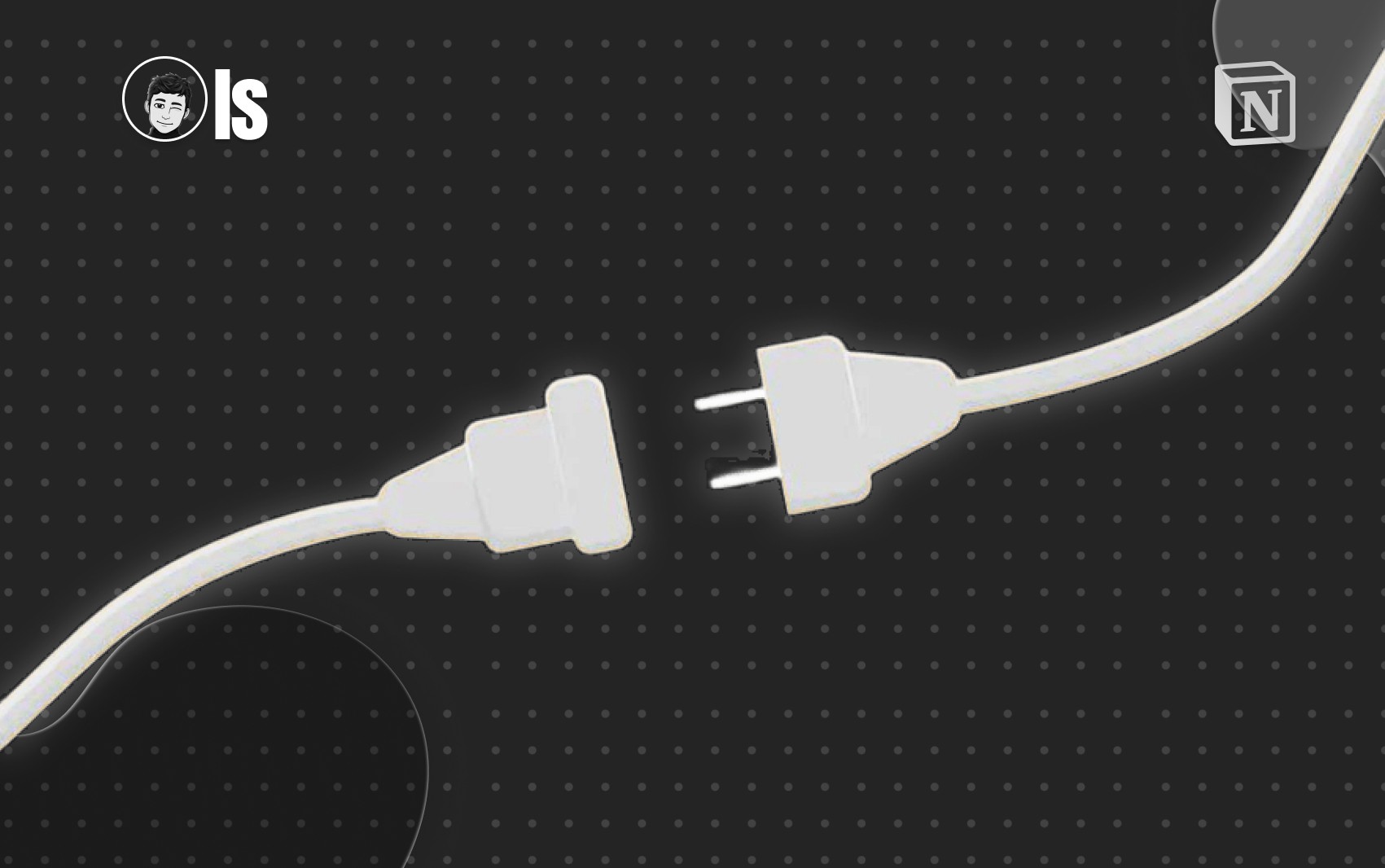Managing money isn’t about math — it’s about visibility.
And if you still use scattered sheets, disconnected apps, or your memory to track finances… You don’t have visibility.
Here’s how to build a full financial system inside Notion, structured, connected, and built to scale with your life.
1. Accounts

Start with an Accounts database:
Name
Type (Bank, Cash, Credit, etc.)
Current balance (automatically updated)
All income, expenses, and transfers update these balances directly. This is your foundation.
2. Income Categories

Create an Income Categories database:
Category name (e.g., Job, Business, Side hustle)
All Time Income Property (How much money you made related to this category)
Each income entry will relate to a category for filtering and monthly insights.
3. Income

Create the Income database:
Title
Amount
Date
Linked Account
Linked Income Category
When logged, the amount is added to your account’s balance.
4. Budget Categories

Set up a Budget Categories database:
Category name (e.g., Food, Cloths, Home)
Monthly budgeted amount
This is used for budgeting analysis.
5. Expenses

Create the Expenses database:
Title
Amount
Date
Linked Account
Linked Budget Category
Each expense reduces the account balance and counts toward the monthly budget.
6. Subscriptions

Create a Subscriptions database:
Name
Cost
Frequency
Start date
Automated End Date (use Notion automation feature)
Status
Linked Account
To track subscriptions inside each month, you’ll need:
Advanced formulas
A third-party "Month" database
This makes it possible to auto-calculate active subscription costs monthly without manual work.
7. Month Tracker

Build a Month database:
One entry per month (repeatable forever)
Connected to Income, Expenses, and Subscriptions
Shows total income, expenses, net balance, and budgeting progress
Use Notion Repeat feature to create a new month page at the start of each month (Note: You've to name the month manually)
8. Debts & Savings Goals

Both Debts and Savings Goals are treated as special account types.
They live inside your Accounts database — but with specific added fields:
Target amount
Saved amount (tracked via transfers)
Progress (% formula)
To contribute toward these, you simply transfer money from a real account to the goal/debt using the transfer database (below).
9. Transactions

Create a Transactions / Transfers database:
From account
To account
Amount
Date
Used for internal transfers between bank accounts, savings goals, and debt payments.
Balances are updated automatically.
10. Finance Profile

Build a Finance Profile to summarize:
Total income (all-time)
Total expenses (all-time)
Net balance
Net worth
All account balances
Everything in one view.
11. Dashboard (Build Last)

Once all systems are connected, build your Finance Dashboard:
Monthly summary
Accounts Balance overview
This Month's Income, expenses, taxes, subscriptions…etc
Graphs, filters, and progress
This is the interface you’ll use daily.
Most people never fix their finances.
Not because they don’t care — but because it’s too hard to see the truth.
They avoid their numbers. They guess. They hope.
And years pass in silence.
You can try building this system yourself — or skip the frustration and start with Finance Brain, already structured, automated, and connected.
It’s not just a template. It’s the difference between watching your money fade…And finally, taking control.







